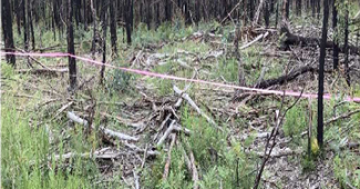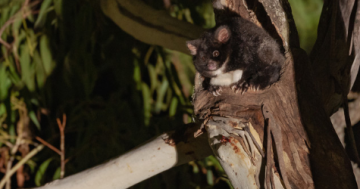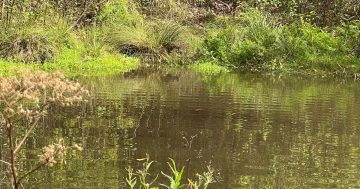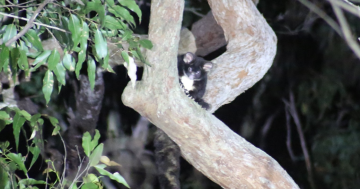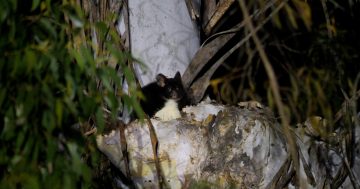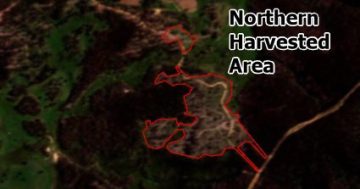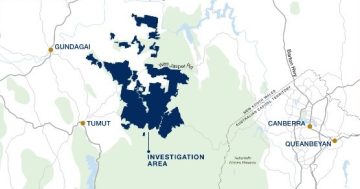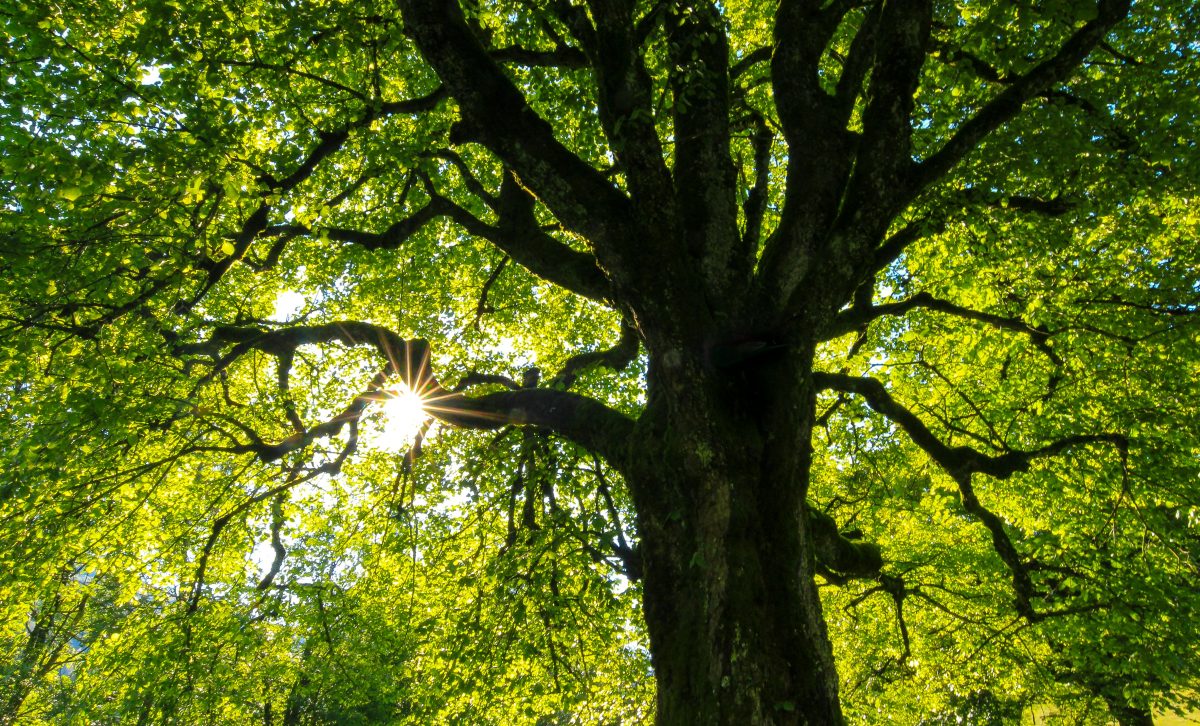
The $45,000 fine from the EPA covers two incidents in NSW. Photo: Jan Huber.
The Forestry Corporation has copped a fine totalling $45,000 for two separate incidents of tree removal, including one on the NSW Far South Coast.
The NSW Environment Protection Authority (EPA) has fined Forestry Corporation of NSW (FCNSW) following an incident in Nadgee State Forest on the NSW Far South Coast and another in Bagawa State Forest, near Coffs Harbour.
Trees were removed in an environmentally significant area and from a steep slope when seasonal restrictions on harvesting were in place.
The EPA found 15 trees and vegetation were removed from within an environmentally significant area in Nadgee State Forest in 2023 and has issued a $15,000 fine.
The area was part of a designated tree retention clump that was prohibited from forestry operations to protect hollow bearing trees under the Coastal Integrated Forestry Operations Approval (CIFOA).
Hollow bearing trees are used by many animals for their habitat, and some threatened species depend on these trees for their survival.
EPA Director of Operations Jason Gordon said both incidents could have been avoided had FCNSW complied with the CIFOA.
“We have rules in place to protect water quality, vegetation and important habitats during forestry operations,” he said.
“Ignoring these rules is a blatant disregard for our environment and their duty to protect hollow bearing trees for crucial fauna.
“In no circumstances, should 15 trees have been removed from an environmentally significant area.
“FCNSW claimed the Nadgee State Forest issue arose due to a mapping software failure, however our investigations found the software problem was known prior.”
In February 2023, an illegal tree removal in Bagawa State Forest occurred on a slope greater than 25 degrees, breaching obligations to prevent soil erosion.
This has resulted in two penalty infringement notices, totalling $30,000.
The clearing contravened specific seasonal requirements, but FCNSW also failed to identify the area subject to the protocol on a map.
“At Bagawa, the seasonal requirements are important to prevent soil erosion during high rainfall and on this occasion further damage was only minimised due to rainfall being lower than expected,” Mr Gordon said.
“We are disappointed by these incidents, which occurred prior to the recent changes in the CIFOA.
“FCNSW is now required to undertake nocturnal surveys and retain extra trees as part of the increased protections for greater gliders.”







